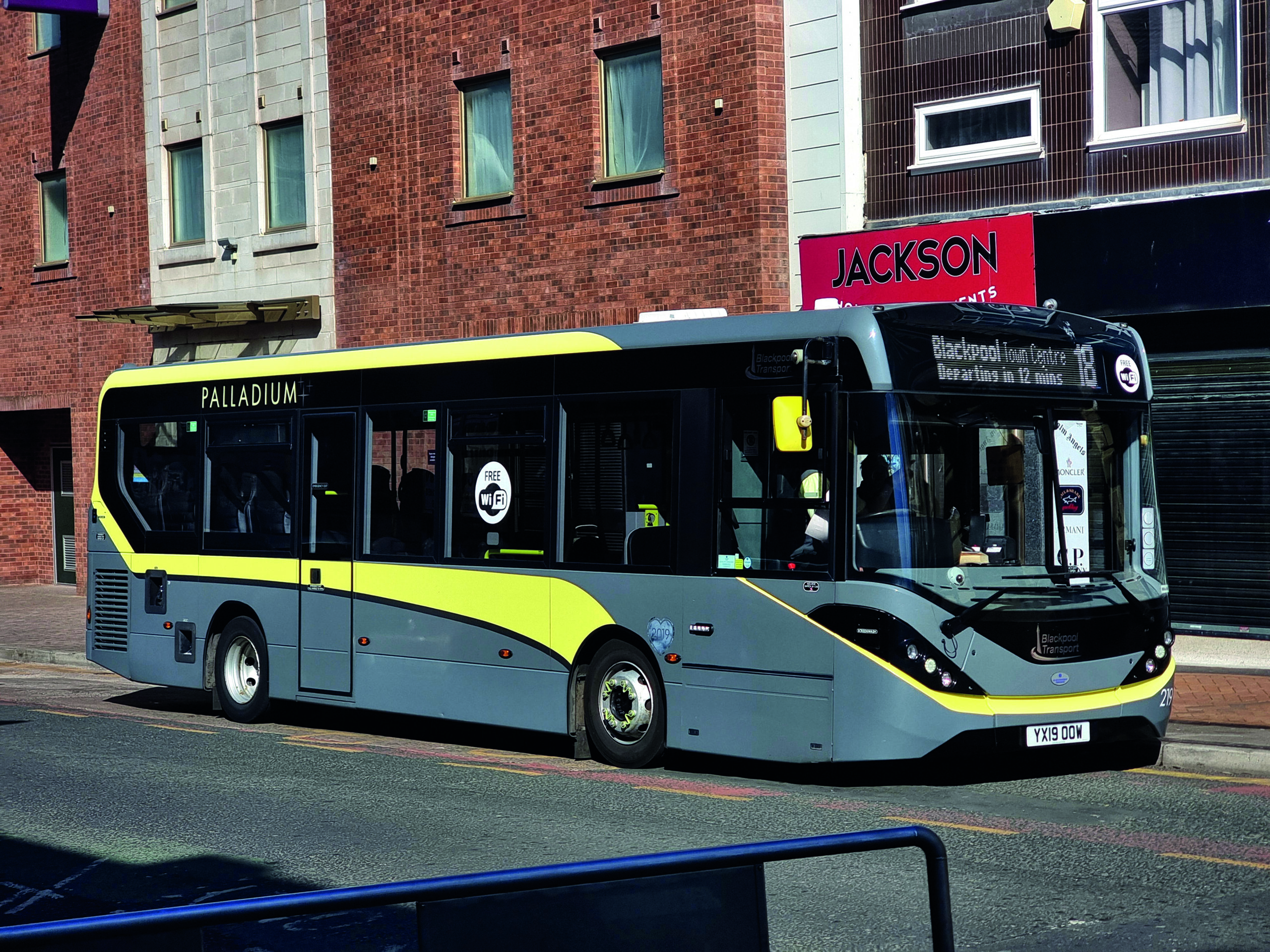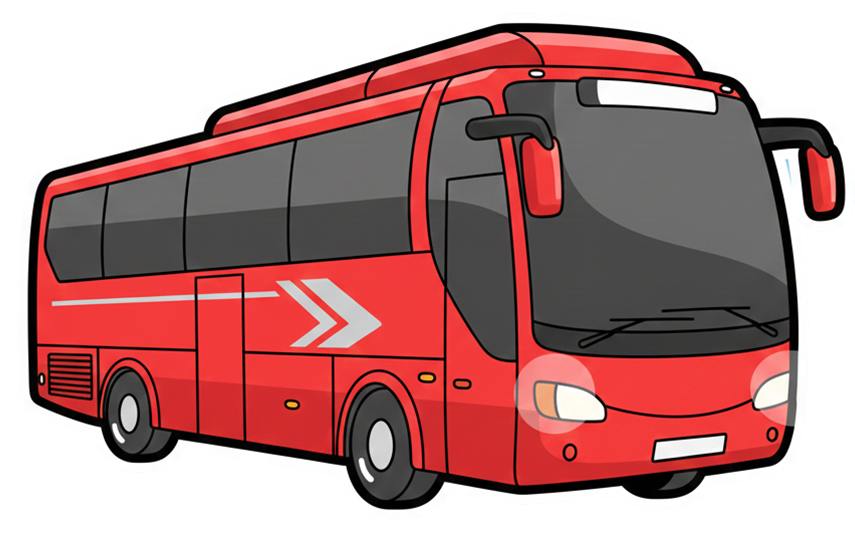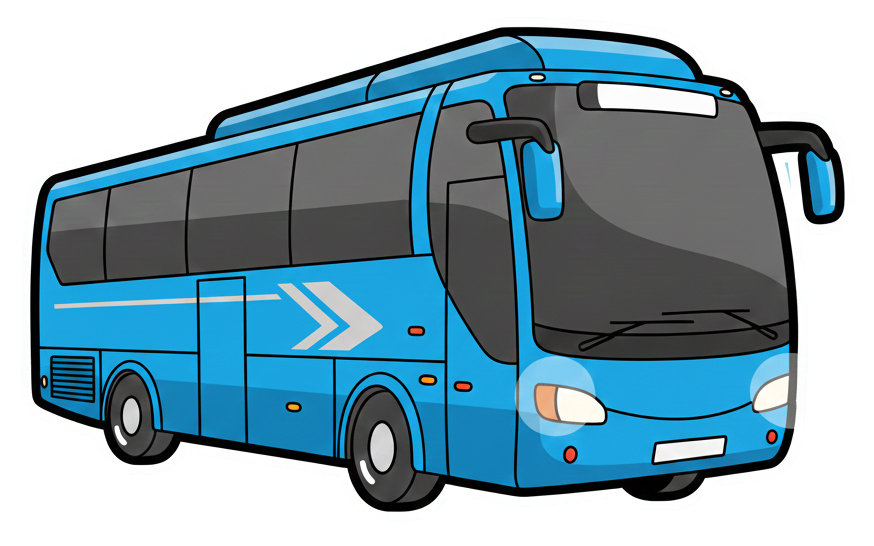- Seminar
- 24th November at 2:00 pm
Blackpool Transport Managing Director Jane Cole says that operators mustn’t be shy to invest now in technology to secure an inclusive future.
The cost of running a bus service is increasing, driven significantly by higher driver wages, the impact of increased national insurance and a competitive labour market. In Blackpool, we have a visitor economy of 20 million people and increased traffic congestion makes our buses run slower, which increases journey times and operational costs. All this impacts us by reducing the ability to grow patronage, as bus becomes the less attractive alternative to other modes of getting around.
The Buses Bill takes away the restrictions introduced by earlier legislation on local authorities creating or running their own new municipal bus companies. Since Blackpool Council already owns and runs Blackpool Transport, this move validates its current structure and future flexibility. I expect the Bill to positively affect Blackpool Transport by formally empowering Blackpool Council to continue with its local control and by providing a framework that validates and strengthens the existing municipal model.
A Staff on Side
Obviously there are other local factors to consider which are equally important to successful operations. The industry must offer competitive pay and benefits, as this is a primary factor in attracting and retaining talent. Beyond salary, offer appealing benefits such as, pension plans, support with childcare through flexible and predictable scheduling and helping people with caring responsibilities. It is important to provide two days off between working blocks for people to pursue leisure activities. Recently ROSCO’s profile has increased; the organisation has strengthened engagement with members and modernised its communications channels. Bus Drivers can display their membership of ROSCO (the Road Operators Safety Council) through channels like LinkedIn which gives them the professional status that they deserve to showcase their driving credentials and abilities. We want to recognise the work of our employees too. This year at Blackpool Transport we are holding our annual employee awards at a central night spot and encouraging as many people as possible to nominate colleagues and attend the event. If we want the industry to attract the best candidates, we must also be sure that we prioritise safety and security, both of which are very important together with ensuring that frontline employees receive support to deal with the aftermath of accidents, incidents and encountering antisocial behaviour.
In Blackpool, we have a visitor economy of 20 million people and increased traffic congestion makes our buses run slower, which increases journey times and operational costs.

We can comfortably predict that most transport in 20 to 50 years’ time will be zero-emission at the point of use...
Jane Cole has held the role of Managing Director of Blackpool Transport since October 2014, having begun her transport career in signalling and telecommunications at British Rail, working for Intercity before moving to Virgin Trains on privatisation. She was elected president of the Omnibus Society for 2022, and has held similar positions with the CPT, the Light Rail Tram Association and the North West Lancashire Chamber of Commerce.
The Future
We can comfortably predict that most transport in 20 to 50 years’ time will be zero-emission at the point of use, powered by a combination of sustainably produced electricity, hydrogen, and advanced biofuels. The transition to electric vehicles (EVs) for cars and buses is well underway and the more advanced that research and development progresses the cheaper and more effective it will become. I see increasing digital integration and connectivity as transport becomes fully integrated, creating real multi-modal systems. Digital connectivity will enable better journey decisions, proactive maintenance, and highly efficient on-demand services. We will likely see a tipping point in the next five years where operators like Blackpool Transport must convert from diesel to EV technology because not to do so would risk financial decline to potential non-existence. The transition to net zero needs to be more focussed to funding the key places where passengers need to get to work, especially in low income and rural areas, and attention needs to be given to more smaller operators. The approach to funding being given out should be phased to give smaller operators the chance to predict change and plan investment. The industry needs stable and long-term funding frameworks underpinned by predictable investment that allows planning and innovation; multi-year investment opportunities like rail and highways get.
Passengers First
The industry also now has greater usage of app technology for personalisation and engagement together with contactless ticketing which speeds up journey times. Digital screens provide live countdown and reassurance that transport is on time and on its way together with solar panels in bus shelters at more rural locations. But there is so much more to come which will be able to anticipate what a customer needs before they realise for themselves. Making travel inclusive through automation is an investment that every operator is now encouraged to get involved in, as future customer growth will depend on its availability.
Explore the Stands








